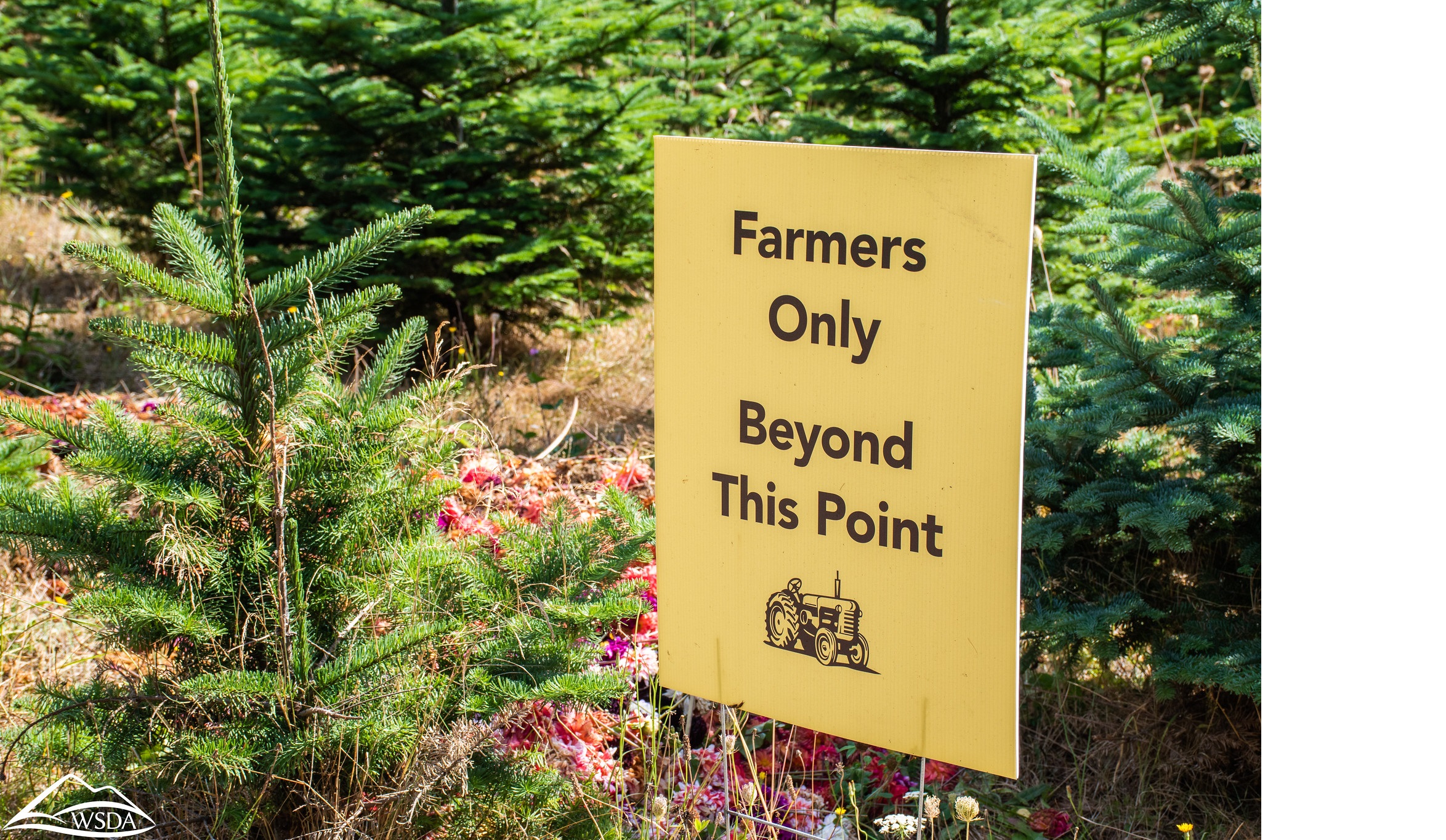Farm Size
Beginning in fiscal year 2025, the Compost Reimbursement Program must attempt to fairly distribute funding across farm size categories based on acreage. To achieve this goal, applications will be sorted into three farm size categories (see table below), with each size eligible for a different maximum funding amount. Farm size is determined using the total actual acreage of a farm. The following funding limits were established to maximize the number of participants in the program and the amount of grant funding distributed to farmers.
| Category |
Farm Size Range |
Maximum Funding Amount |
| A |
<10 acres |
$10,000 |
| B |
10-50 acres |
$15,000 |
| C |
50+ acres |
$20,000 |
Funding limits for each participating farm will be determined based on their projected expenses provided in the eligibility application but will not exceed the maximum funding amount for each category above. The final grant funding limit will be established in the grant agreement contract with each farm.
Additionally, there will be a set limit to the number of farms eligible to receive funding for each category. The number of farms per category will fluctuate based on the applicant pool for each year.


